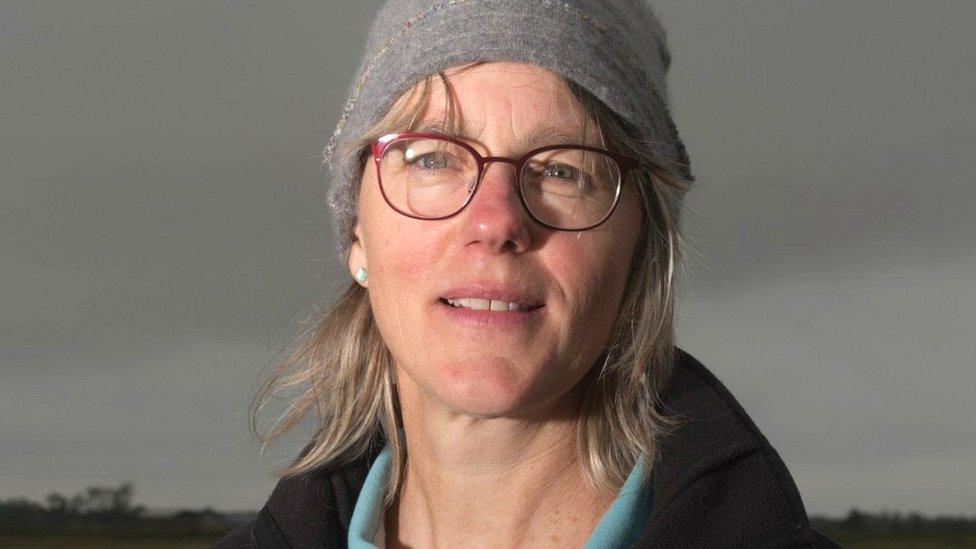The Broads: New plant cutter helps keep waterways free for boats
- Published
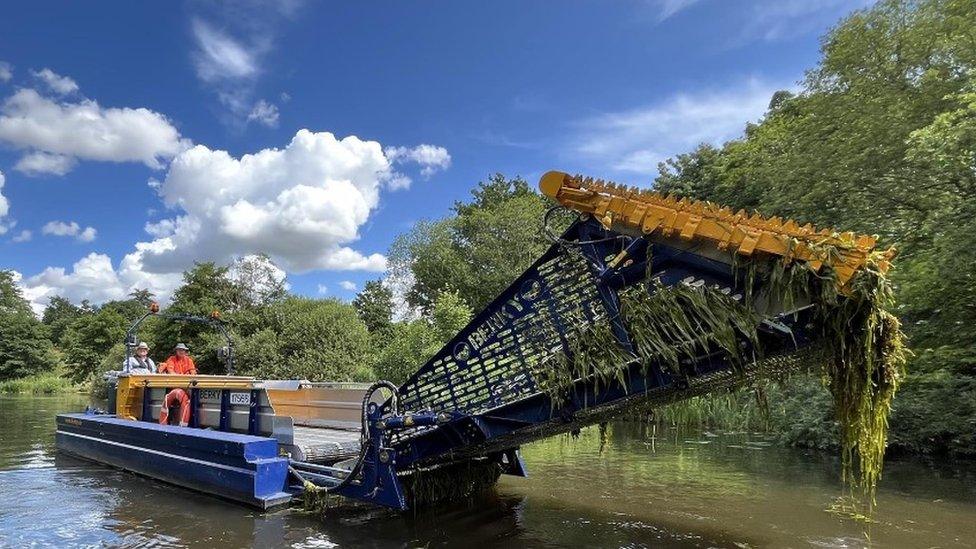
Three water plant cutters are used to keep the Broads navigable to boats
Improvements in water quality have resulted in an increase in river plant numbers on the Broads, according to the Broads Authority, external.
It has introduced a third plant cutting vessel on the Norfolk and Suffolk waterways to help its 200km (124 miles) navigable channels stay open for boats.
Dan Hoare, its head of construction, maintenance and engineering, said the plants were essential for wildlife.
The £250,000 boat was funded by a government National Park grant.
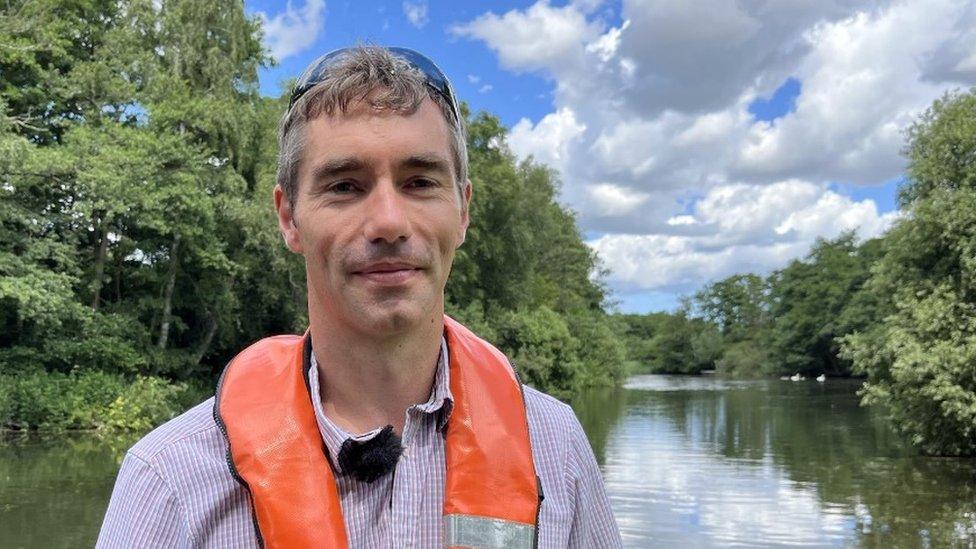
Dan Hoare said the Defra-funded vessel means the authority can cut more water plants in rotation with the two existing ones
The Broads are a network of lock-free rivers and lakes which attract more than seven million visitors a year.
Mr Hoare said "The removal of phosphates and nitrates from sewage treatment works, more environmental farming practices, which reduce the amount of nutrients and sediment getting into the rivers, have added to the improvements we see in the ecology in the rivers.
"We've got water lilies and different pond weeds and these provide habitats for spawning fish in particular in the early part of the year - and then all of the plants on the edges of the rivers is where we see lots of breeding birds and water fowl and ducks."
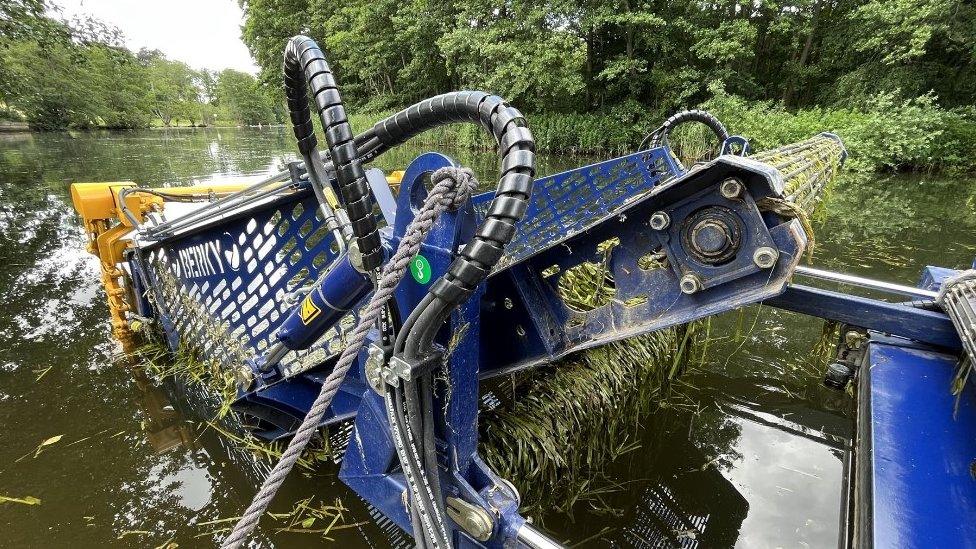
Seven million people visit the Broads every year and many wish to travel on the waterways, which must be kept clear to allow boats through
However, water plants grow where there is clean, oxygenated water - and they would choke the waterways if channels were not cut through.
The Broads Authority said a plant cut at Hickling ahead of the Three Rivers Race in June resulted in 44 loads of weeds compared to six loads in June 2022.
Mr Hoare said a channel is cut through the weeds to allow boats access, while a margin for wildlife is left on either side.
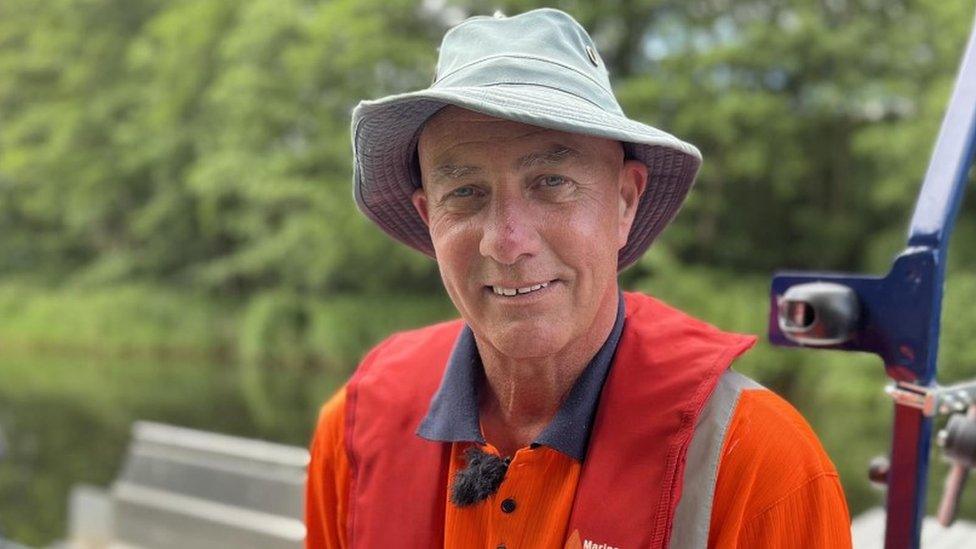
David Goodhand operates the plant cutting vessel and describes it as "superb, a great place to work"
Senior operations technician David Goodhand said the new vessel is "big and heavy" and "can be a bit challenging when the wind gets up".
"[The work] never stops, we finish one place, move on to the next and within four weeks, we're back at the place we've just cut and have to start all over again - it's never ending."
Mr Hoare said having a third vessel means "as water quality keeps improving in the Broads, we can keep up with that demand".

Follow East of England news on Facebook, external, Instagram, external and Twitter, external. Got a story? Email eastofenglandnews@bbc.co.uk, external or WhatsApp us on 0800 169 1830
- Published14 January 2023
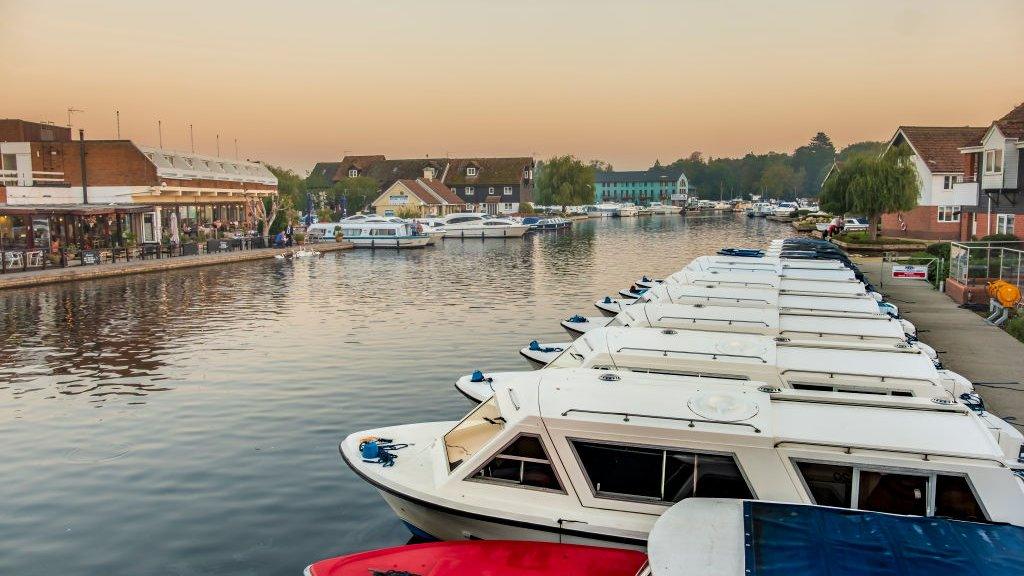
- Published29 November 2022
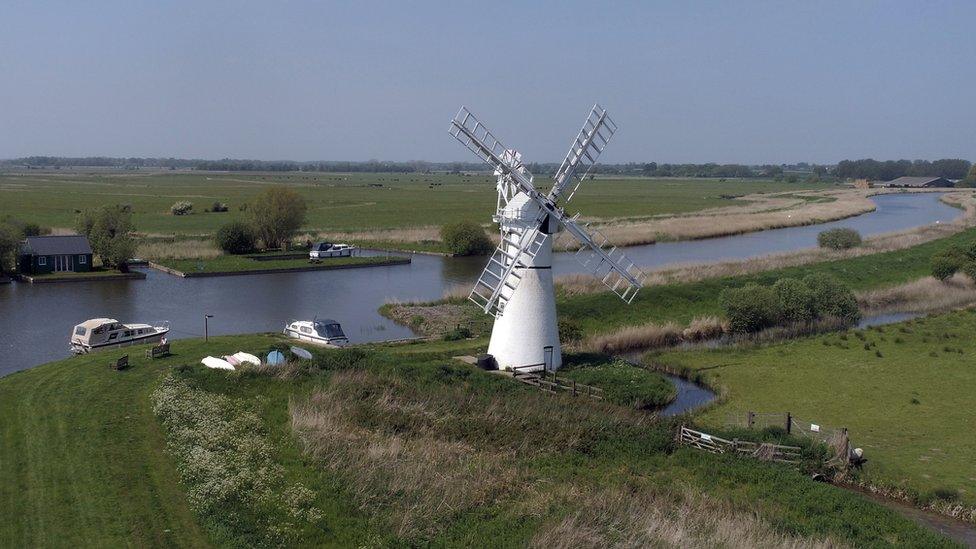
- Published16 November 2022
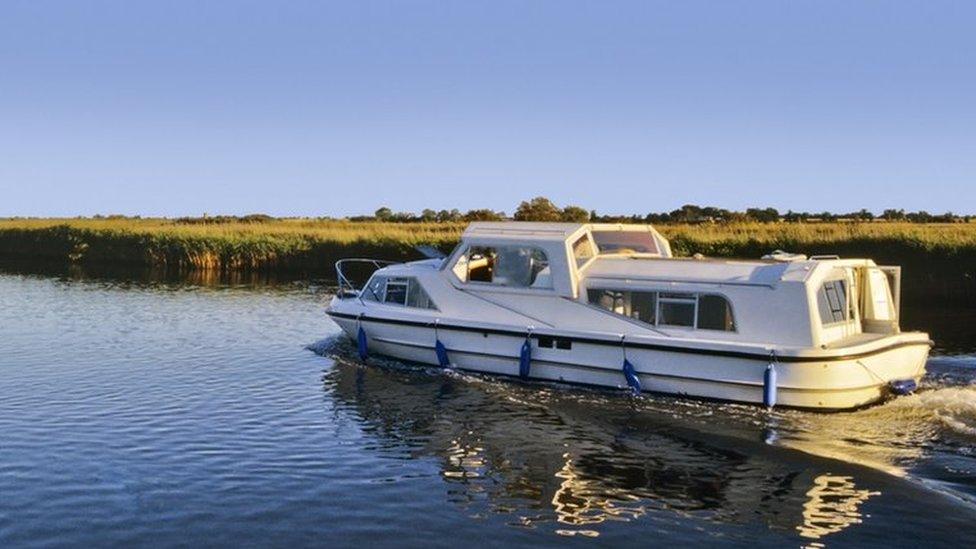
- Published9 May 2022
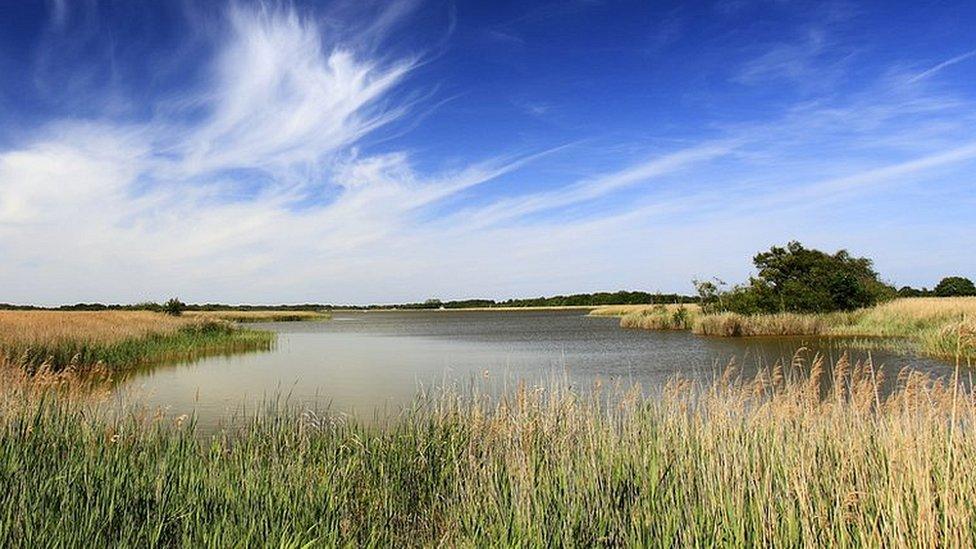
- Published28 October 2021
